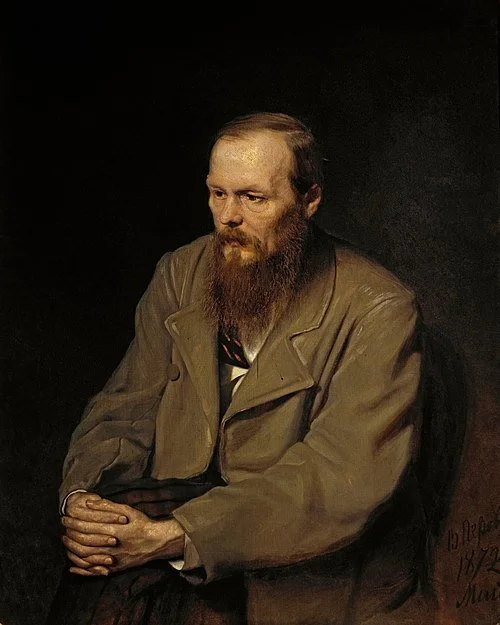Fire as the arche of the world: Heraclitus’ fragments
Heraclitus was an ancient Greek philosopher who was born in Ephesus (modern-day Turkey) in the 6th century BC. His ideas helped shape the thinking of philosophers like Socrates, Aristotle, Plato, Zeno (the founder of Stoicism), and even Nietzsche.
Yet, Heraclitus only wrote a single work and the original text was lost with the collapse of ancient society. Interestingly, what we do know of Heraclitus is only by reference from other philosophers, writers, and politicians who quoted him in their own works.
The result is a compendium of over 120 excerpts, or “fragments” of his work that people have pieced together. These fragments read like proverbs and they cover everything from solitude, truth, and knowledge to divinity and death.
You may have heard some of his fragments, like:
“One cannot step twice into the same river.” – Heraclitus, Fragment 51
“It is not better for human beings to get all they want. It is disease that makes health sweet and good, hunger satiety, weariness rest.” – Heraclitus, Fragment 67
“Man’s character is his fate.” – Heraclitus, Fragment 114
But many are more obscure, particularly the ones about fire—the focus of this blog. In looking at these fragments, we find a useful framework for thinking about change and uncertainty, which is as relevant now as it was 2,500 years ago.
The novelty of Heraclitus & the origins of the cosmos
What’s especially significant about Heraclitus is that he was charting new territory. During the 6th and 5th centuries BC, very few people were thinking seriously about the nature of the world and the underlying rules that govern it.
Heraclitus—and other early Greek philosophers—essentially created a new language for concepts we now accept as standard—like fate and the world as a whole. As Jonathan Barnes writes in Early Greek Philosophy:
“It is remarkable that these thinkers should have felt the need for a word to designate the universe — everything, the whole world […] Normal conversation and normal business do not require us to talk about everything, or to form the concept of a totality or universe of all things.”
One of the most important of these new words was cosmos (kosmos in Greek). As Barnes explains:
“A kosmos is an orderly arrangement. Moreover, it is a beautiful arrangement: the word kosmos in ordinary Greek meant not only an ordering but also an adornment.” — Early Greek Philosophy
Heraclitus calls the world a kosmos, thereby making a metaphysical claim: that reality is not random or arbitrary, but structured—and that its structure is measurable, comprehensible, and even beautiful.
Fire as the arche of the world
For Heraclitus, fire was the fundamental principle—or “arche”—driving the kosmos. In one fragment he notes:
“This world-order [kosmos], the same of all, no god nor man did create, but it ever was and is and will be: everliving fire, kindling in measures and being quenched in measures.” – Fragment 30
Heraclitus isn’t talking about fire literally, but as a symbol of perpetual change—it constantly moves and both destroys and creates (like how fire clears a forest but leaves behind rich soil). More importantly, fire embodies irreversible transformation. It permanently changes what it burns—and it is also changed in the process. This idea appears in another fragment:
“All things are an exchange for fire, and fire for all things, as goods are for gold and gold for goods.” – Fragment 90
In other words, everything is in flux, constantly getting traded, altered, or re-formed. For Heraclitus, fire symbolizes a world that’s always changing.
***
For a brief interlude…check out these articles for more insights + subscribe to my newsletter:
Change is the fundamental structure of reality
Heraclitus was the first known philosopher to argue that change, not stability, is the fundamental structure of reality. In a philosophical tradition that mostly focused on permanence and order, he proposed something radical: that everything’s always in motion.
But how does this insight help us? It helps because a lot of the anxiety we feel in life comes from thinking things shouldn’t be changing—we fear getting older, uncertainty, the end of friendships or relationships, career changes, and loss.
Heraclitus reframes that; the goal isn’t to find stability or control, but to learn how to live without them. When we stop expecting things to stay the same—our jobs, relationships, and lives—we can start working with change instead of resisting it, which makes life easier to navigate and accept.
Do you think it’s possible to fully embrace change rather than resist it? Leave your thoughts in the comments below!









